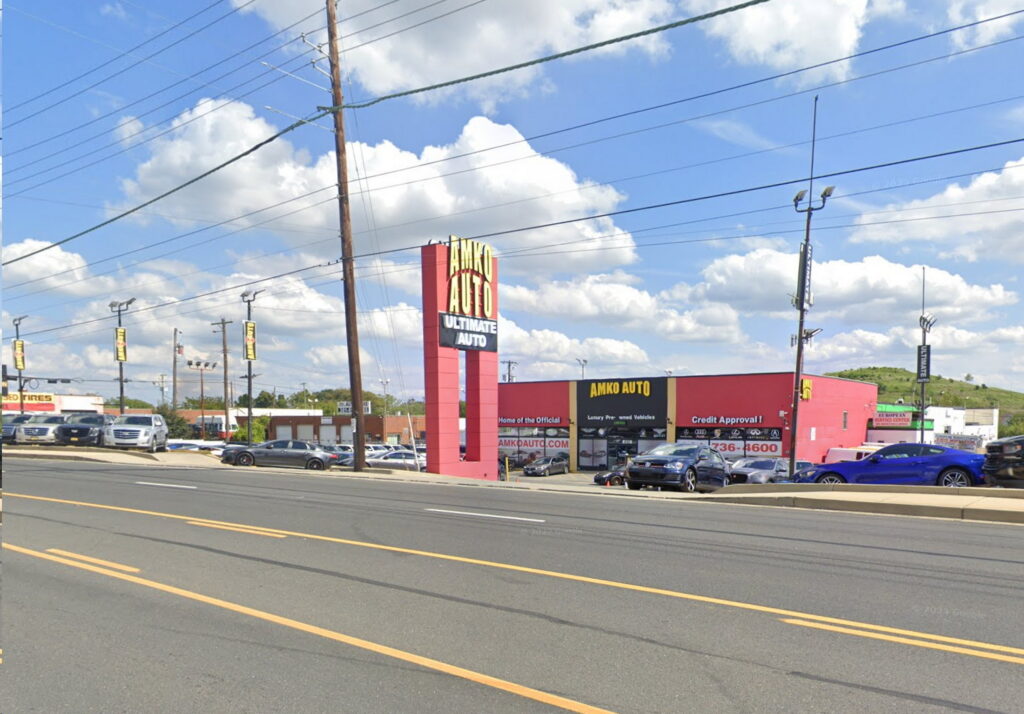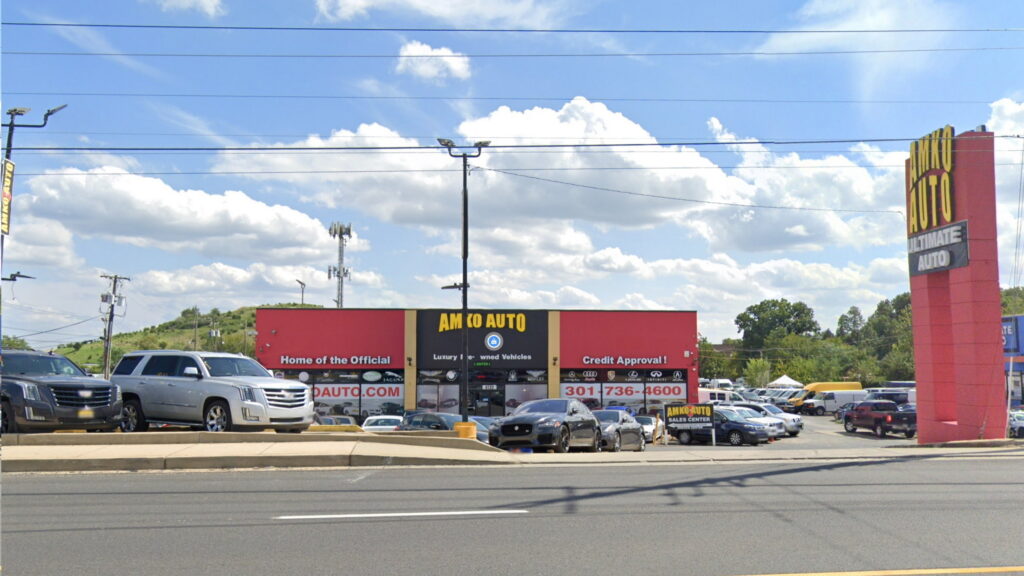If you’ve ever had to replace the key for a modern vehicle, you know that it’s shockingly expensive. A Maryland dealership knows that better than anyone after having had to pay over $100,000 to buy a new key for every car on its lot.
That’s because AMKO Auto in Temple Hills, Maryland, recently had every single car key in its possession stolen by thieves. Fortunately, it was able to recover enough in 24 hours to sell vehicles, and stay afloat.
However, that’s just the latest crime that it has been the victim of, per Fox5. According to the dealership‘s financial director, Leon, fraudsters keep targeting the business with increasingly sophisticated schemes.
Read: Woman Allegedly Steals Kia From Dealership To Drive To Stripper Interview

“Just this past week, a customer came in, wanted to buy a car, did the deal, and we give him the down payment, and he gives us a fake cashier’s check,” Leon said.
Thanks to surveillance video from inside the dealership, a suspect in the case has been arrested, Prince George County police say. However, Leon explains that it feels like people keep coming up with new ways to rip the dealership off.
“When I say they’re getting creative, I mean super creative,” he said. “They will sit in the parking lot and someone will be in the car with a printer in the backseat – they’ll print bank statements, pay stubs, cashier’s checks, any documents they need, it’ll be printed right there.”
Leon said that the recent crimes have jaded him, and other employees. He says that now he’s suspicious of everyone who comes into the dealership, even people who turn out to be honest.
Investigators say that businesses and individuals have lost more than $10 million in financial crimes so far this year. Lieutenant Joseph Bellino of the Prince George County police explained that check fraud is the most common strategy, and that churches, funeral homes, mortgage companies, banks HOAs, and auto dealerships are among the most commonly defrauded companies. In an effort to help, the police and the FBI will be at a free fraud prevention seminar on November 4.





